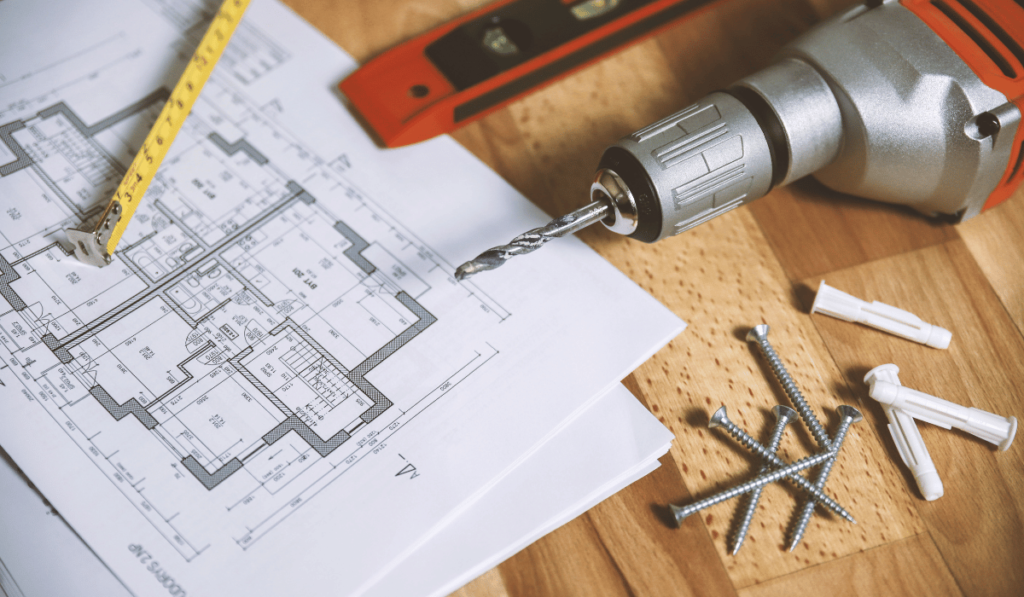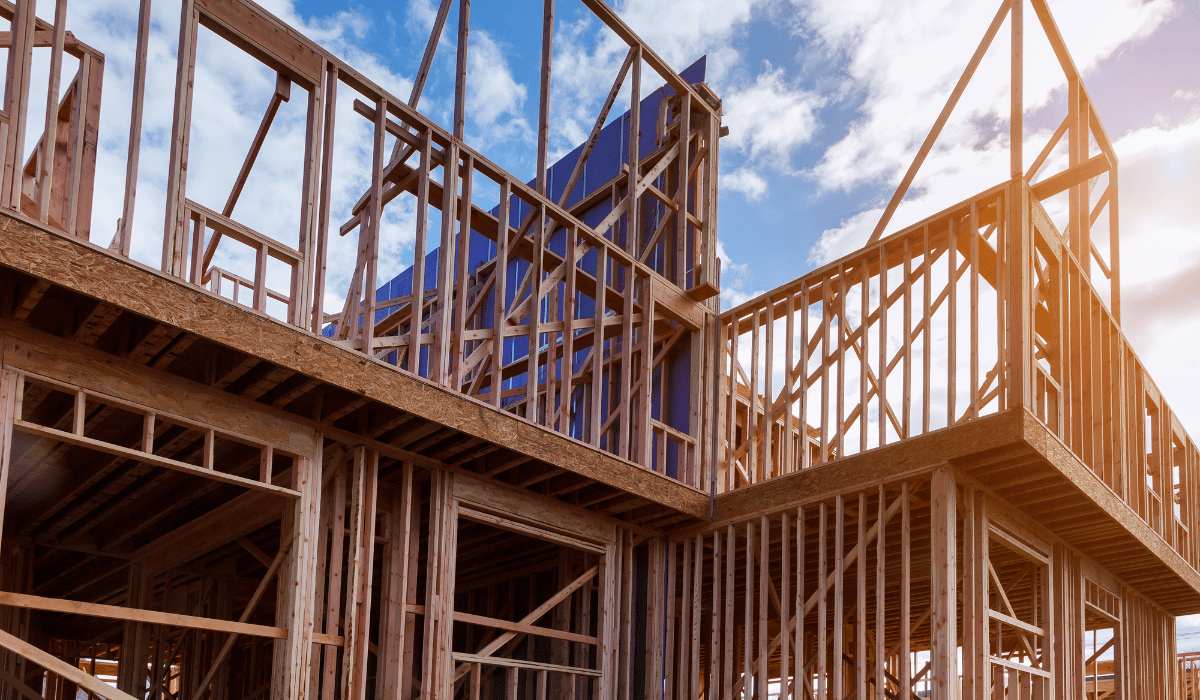Renovation vs. New Construction: Which is Better for Your Investment Portfolio?
Reading Time: 3 minutesReal estate investment offers many opportunities to grow wealth, but one crucial decision stands out: should you renovate an existing property or invest in new construction? Understanding the pros and cons of each option is essential to making the right choice for your investment portfolio. This article explores the factors influencing this decision, helping you…

Real estate investment offers many opportunities to grow wealth, but one crucial decision stands out: should you renovate an existing property or invest in new construction? Understanding the pros and cons of each option is essential to making the right choice for your investment portfolio.
This article explores the factors influencing this decision, helping you determine the best path forward based on your specific needs and goals.
Table of Contents
Understanding the Investment Landscape

Investing in real estate can be approached through various strategies, including flipping, buy-and-hold, and rental properties. Each plan offers unique benefits and challenges, and the choice between renovation and new construction can significantly affect their success.
Understanding the fundamentals of real estate investment and how renovation and new construction fit into these strategies is the first step toward making an informed decision.
Renovation: Pros and Cons

Pros of Renovation
- Potential for Higher ROI: Renovating an existing property can often yield a higher return on investment, especially if the property is purchased below market value. This potential for a significant ROI can be a source of optimism for your investment journey.
- Faster Time to Market: Renovations typically take less time than new construction, allowing you to start generating income sooner.
- Leverage Existing Infrastructure: Using existing structures can save on costs and take advantage of established utilities and layouts.
- Opportunity to Create Unique Properties: Renovations allow for creative customization, making the property stand out in the market.
- Potential for Historic Tax Credits: Properties with historical significance may qualify for tax incentives, reducing the overall renovation costs.
Cons of Renovation
- Hidden Costs and Surprises: Unexpected issues, such as structural problems or outdated wiring, can increase costs and delays.
- Permitting Challenges: Securing permits for renovations can be time-consuming and complicated, especially in historic districts.
- Longer Renovation Time Than Anticipated: Renovations often take longer than expected due to unforeseen complications.
- Potential for Overinvestment: There is a risk of spending too much on renovations, leading to lower-than-expected returns.
New Construction: Pros and Cons

Pros of New Construction
- Complete Control Over Design and Materials: New construction offers full control over the property’s design, materials, and layout.
- Modern Amenities: New properties can be built with the latest technologies and amenities, attracting higher-quality tenants.
- Energy Efficiency: Modern construction techniques and materials can make new buildings more energy-efficient, reducing operational costs.
- Potential for Higher Rental Income: New properties often command higher rental rates due to their modern features and appeal.
- Less Maintenance Initially: New buildings typically require less maintenance and repairs in the early years.
Cons of New Construction
- Higher Upfront Costs: The initial investment for new construction is usually higher than for renovations.
- Longer Construction Timeline: Building a new property takes time, delaying the potential income stream.
- Potential for Economic Downturns Impacting Market: Market conditions can change during construction, affecting property value and rental demand.
- Competition from Other New Builds: New construction projects often face competition from similar properties entering the market.
Factors to Consider
When deciding between renovation and new construction, it’s crucial to conduct a budget analysis. This responsible approach ensures you understand your available budget and financial flexibility, making you feel prepared for the investment journey ahead.
Additionally, assess the timeframe for return on investment to determine how quickly you need to see returns. Finally, investigate local regulations and incentives, including zoning laws, building codes, and available incentives, to ensure compliance and take advantage of potential benefits.
Conclusion
Choosing between renovation and new construction depends on a thorough analysis of your specific situation, goals, and market conditions. Both options offer unique advantages and challenges, and the best choice varies based on individual circumstances. Consulting with professionals and conducting detailed research will help ensure you make the right decision for your investment portfolio.
Are you looking to make the best decision for your real estate investment? Green Ocean Property Management is here to help. Our team of experts provides full-service property management solutions to help maximize your investment returns. Contact us today to start your journey toward a successful real estate investment.
Dealing with Flood
Reading Time: 2 minutes So one of the most unfortunate things that can happen to our property is a flood. Floods can cause serious damage to any property, and dealing with them incorrectly can lead to further issues. Today, we give a rundown of how Green Ocean Property Management handles floods on your property while also preventing molds…
Market Shifts: Adapting Your Rent Pricing Strategy in a Changing Market
Reading Time: 3 minutesThe real estate market is anything but static. Just like the tides, rental markets ebb and flow in response to various economic and social factors. As a rental property owner, staying afloat in this dynamic environment requires adaptability, particularly when it comes to rent pricing. By strategically adjusting your rent prices in response to market…
Why Nest Thermostats Are Transforming Home Comfort
Reading Time: 3 minutesTechnology has become integral to modern homes, shaping how we live, work, and interact within our domestic spaces. From home security to the internet, technology has made our homes more comfortable and efficient. In today’s blog, we’re diving into Nest thermostats and how they can transform how you manage heating on your property. These are…








